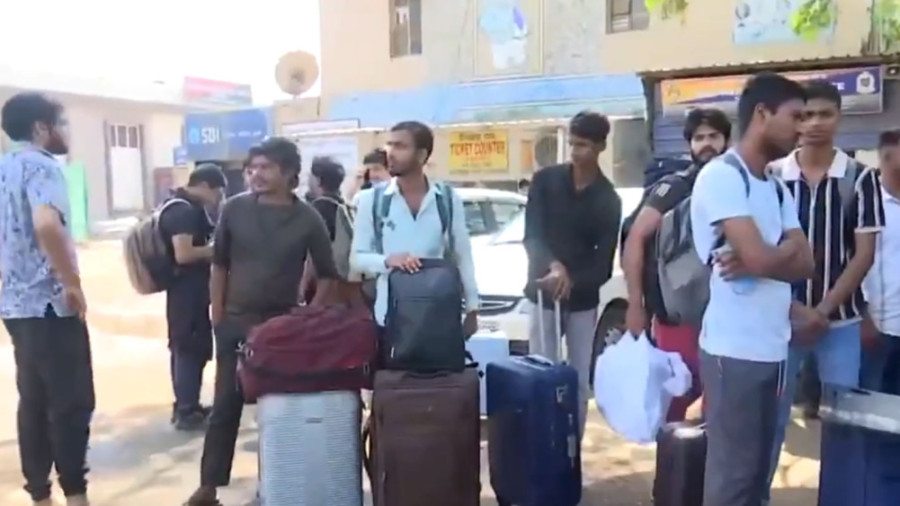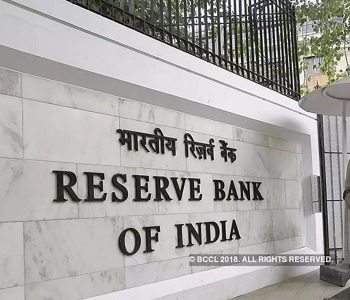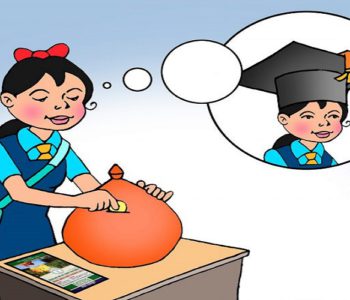KIIT: A breeding ground for fear? Nepalese student’s tragic death sparks outrage and diplomatic strain

KATHMANDU: The shocking death of a Nepalese student at Kalinga Institute of Industrial Technology (KIIT) in Bhubaneswar, Odisha, has not only raised questions about student safety in Indian educational institutions but has also ignited diplomatic tensions between Nepal and India.
As authorities in India delay taking stricter action against the alleged culprits, Nepalese students and their families are left questioning whether KIIT—and by extension, Indian universities—are safe havens for international students or sites of unchecked harassment and neglect.
A Tragic Loss, A Reckless Response
The death of Prakriti Lamsal, a third-year B.Tech student from Nepal, sent shockwaves across both nations. Found lifeless in her hostel room under mysterious circumstances, the initial reports labeled it as suicide. However, her friends and fellow students quickly pointed fingers at harassment and institutional negligence, sparking massive protests on campus. The subsequent arrest of a male student further deepened suspicions, but the response from both KIIT’s administration and Indian authorities has been alarmingly slow and inadequate.
Rather than addressing the security lapses or investigating allegations of mental and physical harassment with urgency, KIIT’s administration chose an authoritarian approach—ordering all Nepalese students to vacate the campus. This reckless and insensitive decision left hundreds of Nepalese students stranded with nowhere to go, amplifying concerns about discrimination and lack of institutional accountability.
A Pattern of Negligence in Indian Institutions
The KIIT incident is not an isolated one. International students across India have frequently raised concerns about safety, harassment, and discrimination. Cases of sexual harassment, physical abuse, and institutional negligence have surfaced in several Indian universities, with justice either being delayed or denied outright. Indian authorities, often reluctant to take swift action, have repeatedly failed to implement effective reforms to protect international students.
KIIT, in particular, has developed a notorious reputation for overlooking complaints of harassment. Multiple students have alleged that their grievances—ranging from inappropriate behavior by peers and faculty to mental health concerns—are either dismissed or met with retaliatory actions.
The death of Prakriti Lamsal has only reinforced the deep-seated belief that KIIT is unsafe, particularly for international students who lack the institutional support to fight for justice in a foreign land.
Indian Government’s Apathy Towards Justice
Despite diplomatic appeals and widespread protests, the Indian government’s response has been sluggish. The investigation into Lamsal’s death, while initiated, has lacked the urgency required in such a serious case. Nepali students and activists have accused Indian authorities of attempting to brush the incident under the rug, allowing the real perpetrators to evade justice.
Adding fuel to the fire, the abrupt eviction of Nepalese students from KIIT has been met with deafening silence from the Indian Ministry of Education and Home Affairs. Instead of intervening to ensure their safety and rights, Indian officials have done little beyond issuing standard statements, failing to provide concrete solutions or reassurances.
Diplomatic Fallout: Nepal-India Relations Under Strain
The incident has not only outraged students but has also escalated into a diplomatic crisis. The Nepalese government, under immense public pressure, has strongly condemned the mishandling of the case and has sought immediate intervention from the Indian government.
Nepal’s Ministry of Foreign Affairs has expressed grave concerns over the safety of Nepalese students in India. However, the Nepalese government has yet to summon the Indian ambassador, despite the growing demand for immediate diplomatic action. Many believe that Nepal must summon the Indian envoy as soon as possible to ensure the timely addressing of Nepalese student concerns and to pressure Indian authorities into taking decisive action.
Nepalese officials have demanded swift action against those responsible for Prakriti Lamsal’s death, as well as an official guarantee of safety for Nepalese students across Indian universities. However, India’s lackluster response has only widened the trust deficit between the two nations.
Nepalese citizens, especially parents of students studying in India, are now reconsidering sending their children to Indian institutions. The increasing mistrust may lead to a decline in Nepalese student enrollment in Indian universities, affecting India’s standing as a preferred destination for higher education in South Asia.
Student Voices: Fear and Uncertainty Prevail
For Nepalese students who are still in India, the fear is palpable. “We came here for quality education, not for humiliation and fear. If an incident like this can happen to Prakriti, it can happen to any of us. And if it does, who will stand up for us?” said a Nepalese student who wished to remain anonymous.
Many students have also raised concerns about their academic future. “The way KIIT forced us out was nothing short of cruel. We paid our fees, we followed the rules, and yet, at a time of crisis, they abandoned us. How can we trust this institution anymore?” another student questioned.
Student organizations, both in Nepal and India, have called for stricter regulations to ensure the safety of international students. Protests have erupted in multiple cities, with demonstrators demanding justice for Prakriti and an overhaul of safety policies in Indian educational institutions.
The Way Forward: Nepal Must Demand Justice
The KIIT incident serves as a wake-up call for Nepal’s government. It is imperative for Nepal to take a firm stand and ensure that justice is not only served for Prakriti Lamsal but that measures are put in place to prevent such tragedies from occurring again.
Nepalese authorities must negotiate stringent safety assurances from India regarding the protection of Nepalese students. Moreover, Nepal’s Ministry of Education should consider bolstering scholarship opportunities within the country to reduce reliance on Indian institutions, providing students with safer alternatives.
On the Indian side, the government must take immediate corrective actions. Swift legal proceedings against those responsible for Prakriti’s death, comprehensive safety audits in universities, and policy reforms to protect international students are crucial steps. If India continues to ignore the gravity of the situation, it risks losing not only Nepal’s trust but also its credibility as a hub for international education.
The death of Prakriti Lamsal should not be another statistic in the long list of ignored cases of student harassment and neglect in India. This tragedy has exposed the deep-rooted flaws in India’s higher education system, where international students are often left vulnerable. More importantly, it has shown the lack of a proactive response from the Indian government in ensuring justice.
Until India takes serious steps to address these concerns, institutions like KIIT will remain unsafe for international students. Nepal, for its part, must push for accountability at the highest levels and ensure that its students are never subjected to such injustice again.














Facebook Comment